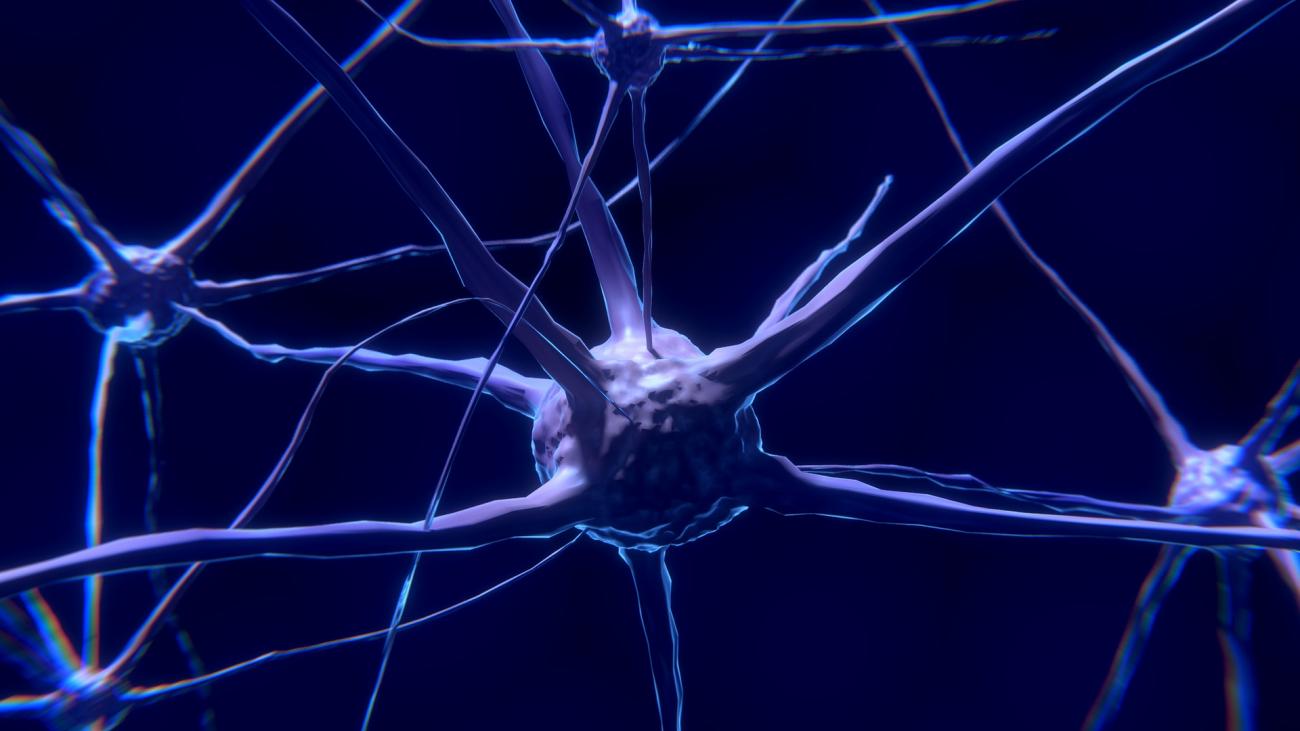Dr. Shoykhet is a physician-scientist focused on Pediatric Critical Care and brain injury associated with Pediatric Cardiac Arrest. He completed an NIH-funded MD/PhD Program at the University of Pittsburgh, followed by a Pediatric Residency and a Pediatric Critical Care Fellowship at the Children’s Hospital of Pittsburgh. After training, Dr. Shoykhet joined the faculty in the Department of Pediatrics at the Washington University in St. Louis School of Medicine and St. Louis Children’s Hospital. In 2018, he was recruited to Children’s National Hospital, where he is currently a tenured Associate Professor of Pediatrics and Co-Director of Pediatric Critical Care Research. Dr. Shoykhet’s research efforts have been supported by the NIH since 2011 through multiple mechanisms, including K12, K08 and R01 funding. Dr. Shoykhet is dedicated to training the next generation of neuroscientists and physician-scientists, and trainees from his laboratory have successfully pursued careers in science and academic medicine.
Degrees
-
BABiochemistry, Cornell University
-
PhDUniversity of Pittsburgh
-
MDUniversity of Pittsburgh
Our laboratory studies mechanisms of brain injury and recovery in pediatric cardiac arrest. Cardiac arrest in children accounts for ~30% of all pediatric deaths in the US. More than half of the survivors suffer devastating brain injury, for which there is no treatment. We focus on mechanisms of axonal and neuronal injury which can be modulated after resuscitation, reflecting clinical reality. Long-term, we aim to develop new approaches to improving neurologic outcomes after cardiac arrest.
We use clinically realistic rodent models of pediatric cardiac arrest which approximate insult severity observed in children. In addressing post-arrest brain injury, we focus on several specific questions. First, what are the mechanisms of selective vulnerability and resistance to injury in neurons? To investigate this question, we study thalamocortical circuits in the rodent somatosensory system. Within these circuits are distinct subsets of neurons vulnerable or resistant to cardiac arrest-induced injury. We investigate molecular mechanisms in response to injury among these neurons using spatial sequencing techniques and alterations in thalamocortical circuit function using in vivo neurophysiology.
Second, what are the mechanisms of axonal degeneration after cardiac arrest? We found that axonal degeneration occurs prior to cell death after cardiac arrest and is associated with depletion of NAD+. NAD+ depletion leads to energy failure and axonal degeneration. The process occurs over several hours after injury, providing a potential therapeutic time window for intervention. We use genetic and pharmacologic approaches to modulate NAD+ levels in axons after injury to evaluate their impact on axonal integrity. These studies utilize metabolomic analyses, microscopy, advanced MRI techniques and behavioral methods.
Third, how does post-arrest neuronal activity impact function and outcome? Our studies reveal that post-arrest activity patterns exert both short- and long-term effects on function and organization of somatosensory circuits. We are investigating whether modulating activity after resuscitation is a viable therapeutic approach to protecting neurons and circuits in the developing brain after cardiac arrest. These studies utilize in vivo neurophysiology in conjunction with computational, pharmacologic and chemo-/optogenetic approaches.
Trainees in the Shoykhet Laboratory obtain in-depth experience with surgery, cardiovascular and respiratory physiology, resuscitation and intensive care, in vivo neurophysiology, microscopy, behavior, metabolomics, spatial sequencing, advanced brain MRI and computational techniques. Clinical opportunities are also available.
Current Students
Former Students




